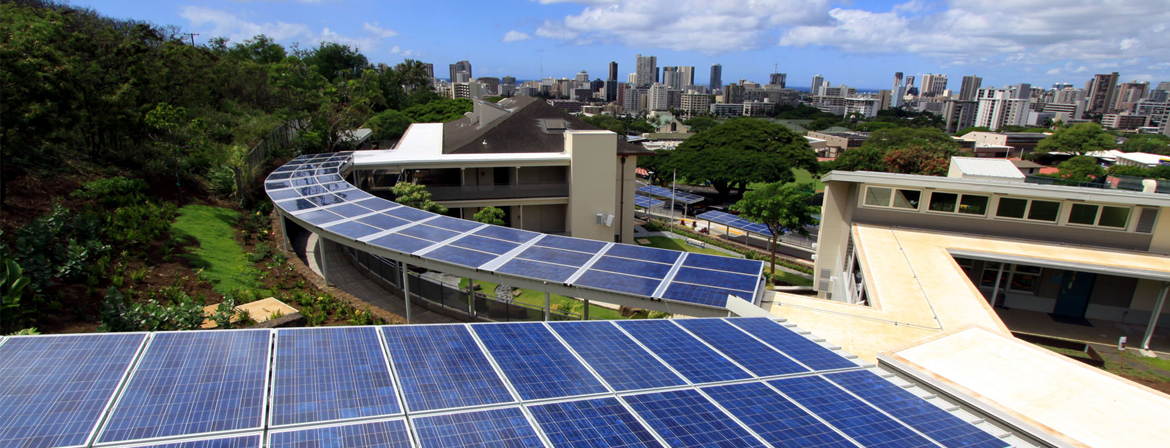Energy and Water Reduction: "Green" Hotels
Energy Star: The Symbol for Energy Efficiency.
Using Television Modeling to Reduce Energy Consumption in Roanoke,Virginia
Winett, R. A., Leckliter, I. N., Chinn, D. E., Stahl, B., & Love, S. Q. (1985). Effects of television modeling on residential energy conservation. Journal of Applied Behavior Analysis, 18, 1, 33-44.
The Use of Prompts in Reducing Electricity Consumption in University Classrooms
Luyben, P. D. (1980). Effects of informational prompts on energy conservation in college classrooms. Journal of Applied Behavior Analysis, 13, 4, 611-617.
Prompts to Promote Electric Power Conservation
Campus Energy Efficiency Campaigns - Resources Requested
Effective Dissemination of Energy-Related Information: Applying Social Psychology and Evaluation Research
Dennis, M., Soderstrom, E.J., Koncinski, W.S., Cavanaugh, B. (1990). Effective Dissemination of Energy-Related Information: Applying Social Psychology and Evaluation Research. American Psychologist, 45(10), 1109.
Prompting Electrical Energy Conservation in Commercial Users
Delprato, D. (1977). Prompting Electrical Energy Conservation in Commercial Users. Environment and Behavior, 9(3), 433-440.
Public Policy and Consumer Information: Impact of the New Energy Labels
McNeill, D. L. & Wilkie, W. L. (1979). Public policy and consumer information: Impact of the new energy labels. Journal of Consumer Research, 6, 1, 1-11.
An Experimental Analysis of Electricity Conservation Procedures
Palmer, M. H., Lloyd, M. E. & Lloyd, K. E. (1977). An experimental analysis of electricity conservation procedures. Journal of Applied Behavior Analysis, 10, 4, 665-671.



